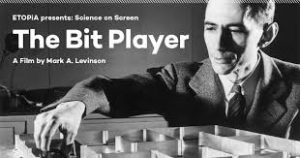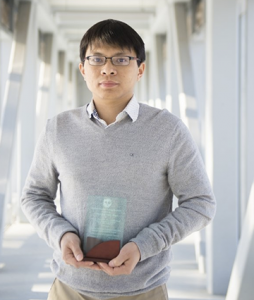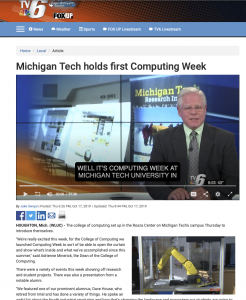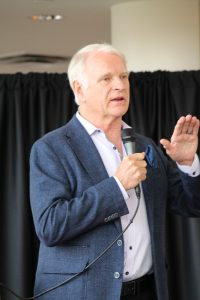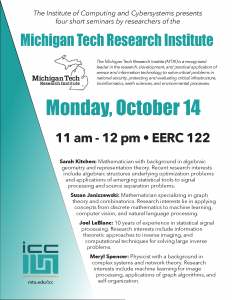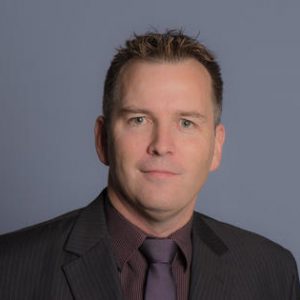
Chee-Wooi Ten (ECE), a member of Michigan Tech’s Center for Agile and Interconnected Microgrids and the ICC’s Center for Cyber-Physical Systems, is the principal investigator on a 17-month project that has received a $99,732 research and development cooperative agreement with the University of California Riverside. The project is entitled, “Discovery of Signatures, Anomalies, and Precursors in Synchrophasor Data with Matrix Profile and Deep Recurrent Neural Networks.”
